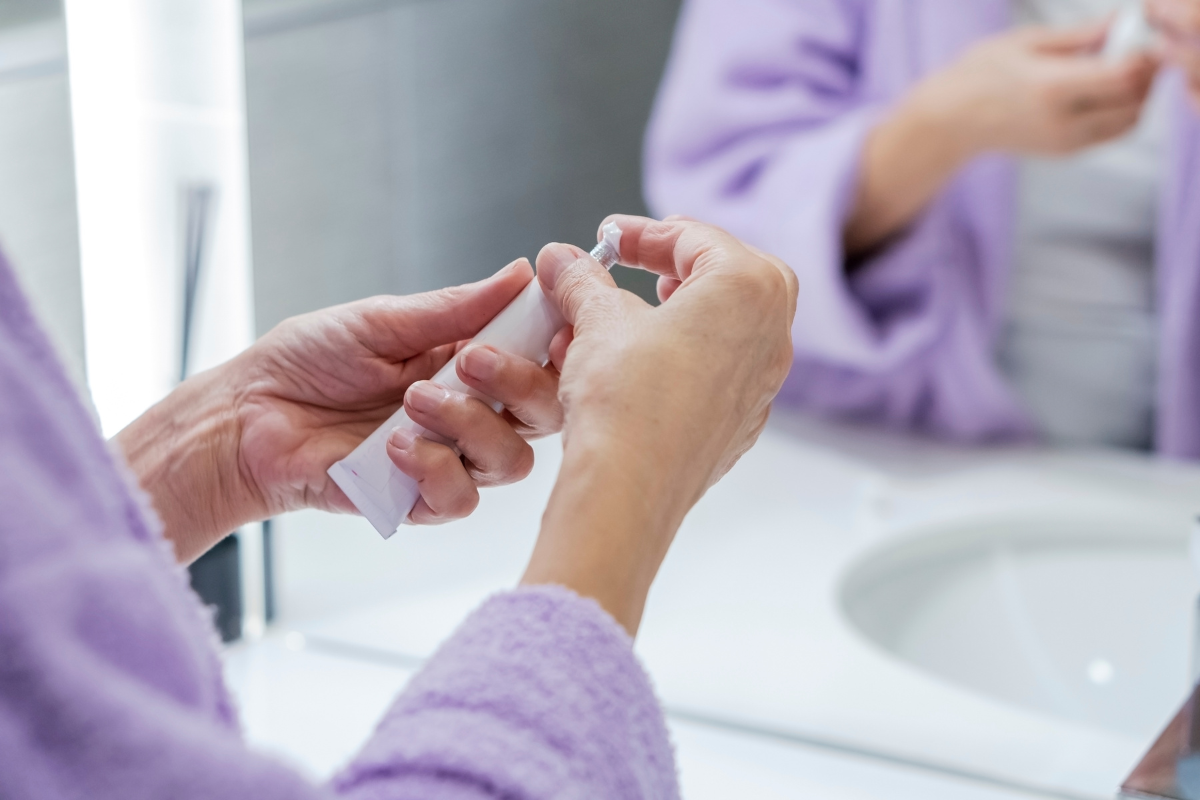
“Alcohol is notorious for its ability to affect the whole body. Your endocrine system especially, can be seriously affected by your drinking habits. When you consider the fact that your hormones play a significant role in your mood, your fertility levels, your weight, your cognitive function, it’s vital that you take proper care of them. If you’re struggling with how much you drink, help is available, and you don’t need to be afraid to reach out”.
Doctor Shashi Prasad, Marion Gluck Clinic.
It’s widely known that alcohol has an adverse effect on your health. Regular heavy drinking, commonly referred to as ‘binge drinking’, is particularly bad for your health. Unfortunately, there are widespread misconceptions around how much alcohol counts as binge drinking – it’s a lot less than you might think. UK researchers commonly define binge drinking as more than six units of alcohol at once (around two large glasses of wine). You probably know about some of the more obvious ways alcohol affects your body – a headache the next day, disturbed sleep, nausea and aching muscles. What you might not know is the effect that alcohol can have on your hormones, and the knock on effect that this can have on your overall health.
Glucose, Insulin, and Glucagon:
Glucose, sometimes referred to as dextrose, is part of the group of carbohydrates known as simple sugars, and is your body’s main source of energy. Glucose levels are managed by two hormones, insulin, which helps to lower your blood sugar levels if they get too high, and glucagon, which helps increase your blood sugar level. Alcohol interferes with both insulin and glucagon, and can leave you at risk of either hypoglycemia or hyperglycemia – heavy drinking can be particularly dangerous if you are diabetic, and already have to regulate your insulin levels manually.
It’s also been shown that chronic drinking can increase your glucose levels, and reduce your body’s responsiveness to insulin – over time, this can result in glucose intolerance in otherwise healthy people.
The Big Three – dopamine, serotonin, and cortisol:
Alcohol also has a significant impact on your mood and emotions, which are, of course, regulated by your hormones. In particular, researchers have found that drinking alcohol increases your production of cortisol (colloquially known as the ‘stress hormone’). Regular heavy drinking will lead to your body producing more and more cortisol, which over a long time period, has a negative impact on key bodily functions such as growth, wound repair, and bone formation and development, as well as increasing your stress levels. Studies have even shown that those recovering from alcohol abuse had higher levels of cortisol present in their system than those who were currently drinking (as well as the group who had abstained).
It can sometimes be difficult to tell if alcohol is affecting your mood, as for your first few drinks, your dopamine level actually increases. However, similarly to cortisol, sustained drinking means that your body becomes accustomed to the dopamine boosts it gets from alcohol, and therefore produces less and less dopamine to compensate. If you’re a habitual heavy drinker, you may become dopamine deficient, which can lead to issues like depression and anxiety.
Reproductive and sex hormones:
Alcohol and drinking will have differing effects on men and women, due their differences in hormonal makeup – the main male sex hormone is testosterone, whereas the main female sex hormone is oestrogen.
For men, the effects of sustained heavy drinking are likely to include a reduction in your testosterone levels, which can have an adverse effect on your overall health (check out our blog on testosterone therapy, and how to tell if you might need it). Drinking can also increase your oestrogen levels, decrease sexual arousal and sexual function, and crucially, alter your sperm count and structure, which affects your fertility levels.
In women, the results of habitual heavy drinking may include increased levels of some hormones (oestrogen, testosterone, and androgen) which can lead to alterations in secondary sex characteristics (such as amount of body or facial hair, ability to build muscle mass). Alcohol can also disrupt your menstrual cycle and damage your fertility levels. Heavy drinking during menopause can worsen symptoms, including insomnia, night sweats and hot flashes.
As well as leading to a hormonal imbalance, alcohol abuse can also result in:
- Damage to your liver.
- Higher blood pressure.
- Increased risk of stroke.
- Heart disease.
- Increased risk of some cancers.
- Stomach Ulcers.
If you want to know more about how alcohol can affect your endocrine system and hormones, please reach out to us. Our expert team is on hand to provide advice – you can book a consultation here. If you’re worried about your drinking habits, you can use this tool to find support services in your area.



